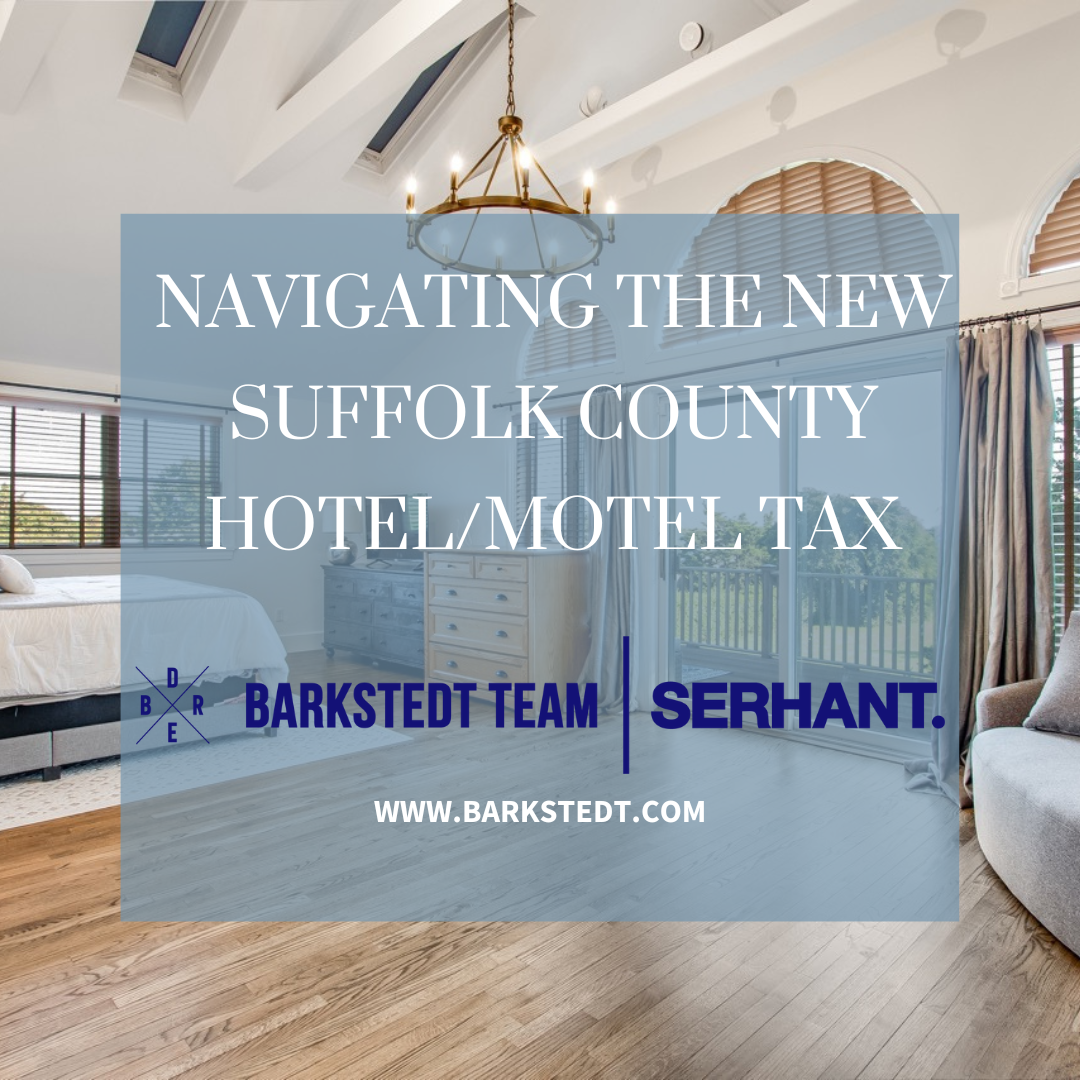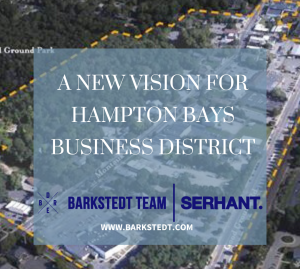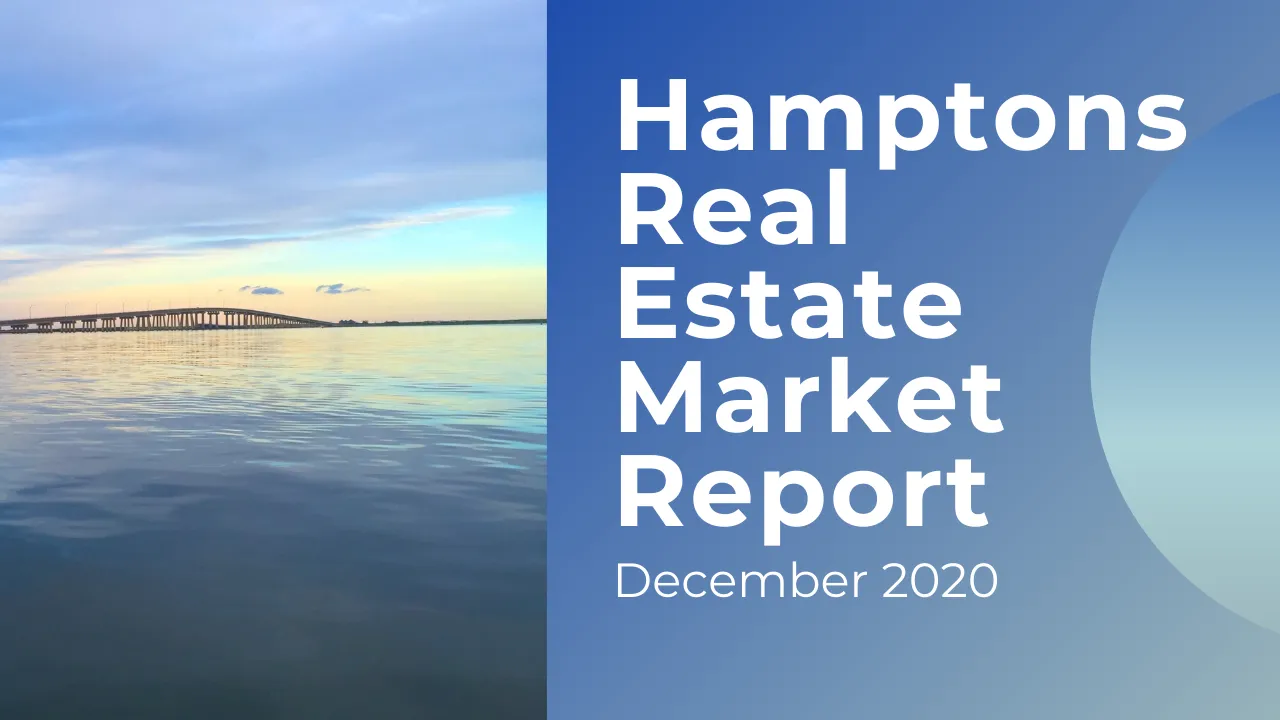The Suffolk County Hotel/Motel Tax for Landlords: A New Frontier
In the world of real estate, staying informed about local regulations is paramount to ensure a smooth and penalty-free experience. Recently, Suffolk County implemented a new Hotel/Motel tax with a requirement that directly impacts landlords who rent their properties for less than 30 days. This mandate necessitates obtaining a Certificate of Authority, granting property owners the right to collect taxes on short-term rentals. Let’s dive into the details of this crucial development and its implications for both property owners and potential renters.
Suffolk County, with its stunning landscapes and vibrant communities, has always been a coveted destination for short-term rentals. However, beginning June 1, 2023, a significant change in the law has come into effect, making it imperative for property owners to be aware of their tax obligations.
The Basics of the Suffolk County Hotel/Motel Tax
According to Suffolk County’s official website, the new Suffolk County Hotel/Motel tax law imposes a 5.5% occupancy tax on every facility providing short-term lodging for a fee in Suffolk County. This Suffolk County Hotel/Motel Tax applies to all lodging facilities, including residences and tourist homes, not just traditional hotels and motels. Here are some key definitions to help clarify the scope of this tax:
- Hotel or Motel: This includes any facility providing lodging on an overnight basis, encompassing various accommodations like “bed & breakfasts,” inns, cabins, cottages, campgrounds, tourist homes, and convention centers.
- Operator: The operator refers to any person running a hotel/motel in Suffolk County, including the property owner, proprietor, lessee, sub-lessee, mortgagee in possession, licensee, or any other person operating such a facility.
- Permanent Resident: Individuals occupying a room or rooms in a hotel or motel for at least thirty (30) consecutive days qualify as permanent residents and are exempt from this tax.
Compliance and Registration
To comply with the new Suffolk County Hotel/Motel tax regulations, all lodging facilities must submit a registration application to the County within ten (10) days of their first lodging rental. Upon approval, the County will issue a Certificate of Authority, enabling property owners/operators to collect the occupancy tax. Failure to register as required may result in a fine of $50 per day for each lodging facility that remains unregistered.
Certificate of Authority
The Certificate of Authority must be prominently displayed in the facility, visible to all occupants and prospective renters. These certificates are non-assignable and non-transferable and must be surrendered to the County Comptroller upon the cessation of business at the named lodging facility or its sale or transfer.
Tax Remittance
All registered lodging facilities are required to file a tax return and remit the occupancy tax on a quarterly basis. Returns must be filed for each facility operated during the preceding three-month periods ending the 20th of March, June, September, and December of each year. Failure to collect and remit the tax is a misdemeanor punishable by an additional fine of up to $1,000 and/or one year in prison.
Penalties and Interest
For tax returns postmarked after the 20th of March, June, September, and December, facilities are assessed a 10% penalty on the tax owed, plus interest at a rate of 1% of the tax for each month or fraction thereof of delay, commencing thirty (30) days after the return’s required filing date.
Confidentiality
It’s important to note that information reported on tax returns is confidential and not available to others under the Freedom of Information Law. County employees are prohibited from disclosing this information unless ordered by a court or as part of a legal action by a County agency.
Rentals in Duration of 30 Days or More/Permanent Resident
According to Suffolk County Hotel/Motel Tax law, occupants who stay in a rental facility for 30 consecutive days or longer are considered “permanent residents” and are exempt from the 5.5% occupancy tax effective June 1, 2023. This means that taxes collected during the initial 30 days of occupancy must be refunded to the occupant as soon as they surpass the 30-day threshold.
The Role of AI in Enforcing the New Tax Regulations
Compliance with these new regulations is not only a legal obligation but also essential to avoid penalties and maintain the integrity of your rental business. To ensure compliance and maximize tax revenue collection, Suffolk County has taken an innovative approach by leveraging artificial intelligence (AI) technology.
According to The Real Deal, Suffolk County is using AI to identify and notify short-term rental property owners who may be evading the Suffolk County Hotel/Motel Tax. Here’s how the system works:
- AI Software: The county has partnered with government software provider Granicus to administer an AI software program. This program combines AI technology with human analysis to identify homeowners renting out their properties and inform them of the 5.5% tax rate.
- Data Gathering: The software collects data from home-sharing platforms like Airbnb, utilizing AI, machine learning, and human analysts to determine the number and location of rental properties. It cross-references listing photos with publicly available data, checks calendars, and reviews guest feedback to confirm rental activity.
- Revenue Projection: Granicus’ product director for North America, Graeme Dempster, estimates that the AI program could bring in an additional $9 million to $12 million in tax revenue for the county. While County Comptroller John Kennedy is more cautious in his projections, the potential for increased revenue is significant.
- Streamlined Enforcement: Beyond revenue generation, the AI software is expected to streamline the enforcement process by reducing the burden on county staff. While the software itself comes at a cost of approximately $270,000 per year, its efficiency in identifying non-compliant properties and increasing tax revenue makes it a worthwhile investment.
The new Suffolk County Hotel/Motel tax revenue collected is poised to support various initiatives in Suffolk County, including the proposed Ronkonkoma convention center and increased spending on tourism promotion in Long Island.
The Bottom Line
As a luxury real estate agent, it’s my duty to keep my clients informed about significant developments in the real estate landscape. Suffolk County’s Hotel/Motel tax regulations represent a shift in the short-term rental landscape, requiring property owners to comply with tax obligations and register their rental facilities. Failing to do so may result in fines, penalties, and potential legal consequences.
Additionally, the implementation of AI technology to enforce these regulations emphasizes the county’s commitment to revenue collection and tax compliance. Property owners should be proactive in understanding and adhering to these new rules to ensure a seamless rental experience and avoid any legal issues.
If you have any questions or concerns about how these regulations may affect your property or real estate investments, please don’t hesitate to reach out. I’m here to provide guidance and support to ensure that your real estate endeavors in Suffolk County are both successful and compliant with local laws.
In the ever-evolving world of real estate, knowledge is power, and I’m here to empower you every step of the way. Please feel free to reach out with any questions you may have.
David Barkstedt
Licensed Associate Real Estate Broker
The Barkstedt Team at Serhant.
103 Hayground Rd
Water Mill, NY 11976
Mobile: 631-599-8708
www.Barkstedt.com
www.Serhant.com





